Geo-Targeting in PPC: How to Reach Your Ideal Audience Locally
Nearly 1/3 of all mobile searches are related to location -
Think with Google
Imagine having the ability to display your brand's message strategically to potential customers when they're actively searching for products or services like yours. Now imagine you’ve created a limited time only promotion that applies within a certain county in the UK. Well, geo-targeting in pay-per-click campaigns might hold the key to your success.
Truly impactful PPC that delivers the return on investment (ROI) you deserve for your efforts requires more than simply throwing money at keywords and hoping they stick. Whether you're a local business targeting customers in your city or a countrywide industry looking to expand your reach, mastering geo-targeting in your ad campaigns can make all the difference. And
Infoserve’s PPC experts know all the tricks.
What is geo-targeting?
Geo-targeting is targeting consumers with content based on their geographical location. It involves choosing specific locations for PPC ads to appear.
This tactic targets consumers where they are most likely to convert, and will ensure your ads appear at the top of the search results for the following groups of people:
- Those who give search engines access to their location, and are local to the area
- Those who give search engines access to their location, and are visiting the area
- Those who include the location and your keywords in their search query
Why is geo-targeting important?
36% of searches on Google are associated with a location - Roar Digital
If you fail to optimise your ad content by location, then you’re missing out on over a third of your prospective customers. This could be the difference between business growth and stagnation.
Geo-targeting has many benefits, including, but not limited to:
1. Increases return on ad spend
Geo-targeting enables you to allocate your marketing resources more efficiently by focusing on areas with the highest potential for return on ad spend (ROAS).
Instead of adopting a one-size-fits-all approach, you can concentrate your efforts on geographic regions that have shown greater receptivity to your products or services.
2. Increases conversion rates
By delivering localised content and offers, geo-targeting can significantly boost your conversion rates. In fact, it has been proven that people searching for local queries on Google are significantly more likely to convert, because the query itself is transactional.
Transactional queries imply that your prospective customer is looking to purchase something specific, but they haven’t yet decided where to buy it from.
3. Provides a competitive advantage
When you invest in geo-targeted PPC ads, you are placing yourself immediately above your competitors on search engines. You will not only appear at the top of search pages, with an ad that Google has deemed trustworthy enough to be there, but you are also delivering a more tailored message.
This is through your use of their location, as well as a targeted landing page.
4. Personalised content
Geo-targeting enables you to create tailored experiences for users based on their location, making them feel valued and understood by your brand.
You could provide:
- Relevant local information
- Geo-specific services
- Location specific promotions
Location targeting options
Geo-targeting options cover:
- Countries
- Regions
- Cities
- Territories
- Counties
You can even set your own radius.
Broad geo-targeting
Broad geo-targeting allows you to target ads at people who not only live in your target locations, but search for your target location from anywhere around the world.
Excluding locations
Search engines give you the option to exclude locations that you don’t wish to show up in. This can give you a more targeted approach, and avoid your ad from being displayed in regions that have the same name.
For example, if your cafe is based in Birmingham UK, you wouldn’t want to show up when someone is searching for coffee shops in Birmingham, Alabama.
This function can likewise be used to exclude areas within your radius that haven’t performed as well under testing.
You can also exclude locations in a more macro sense. For example, if you are an online freelance business and you only provide services to English speaking countries, you can exclude your ad from being shown to regions where English isn’t their primary language.
Geo-targeting tips
1. Use your existing data for more accurate targeting
Make the most of the data you already have.
If you have an existing website then you’ll already have access to an abundance of data that can inform your ad strategy. Take a look at your analytics for organic traffic and apply it tactically.
Where are your existing customers located? Which location based search queries do they use to find you? Which products are the most purchased in each location?
This will help you collect an image of your customers, allowing you to invest your ad spend more wisely.
2. Avoid being too narrow
It can be easy to fall into the trap of being overly specific with your targeting.
You might think that because you are based in one small village that this should be your primary focus, but you are unlikely to gain significant traction for your ads if you keep your radius too narrow. Try expanding instead to your county and you’ll find your ads are far less restricted.
3. Split-test your ads
Split testing provides you with a more transparent overview of how your ads are going to respond. Experiment with different ad radiuses, messaging, and offers across various locations to see what works best.
4. Structure keywords for more efficient geo-targeting
Keywords play a crucial role in geo-targeting success. Structure your keywords to include location-specific terms such as city names, county names, or regional identifiers like ‘North East England’.
Incorporating geo-modifiers like ‘near me’ or ‘[city] restaurants’ can further enhance the relevance of your ads and capture local search intent more effectively.
Not sure where to start?
Here at Infoserve, our PPC experts handle your ad campaigns from start to finish. We have access to decades of local keyword insights and tracking information to deliver the best possible outcome for your business.
For an in-depth guide into the basics of PPC, download our FREE
PPC White Paper where we cover everything you need to know when setting up your ad campaigns.












